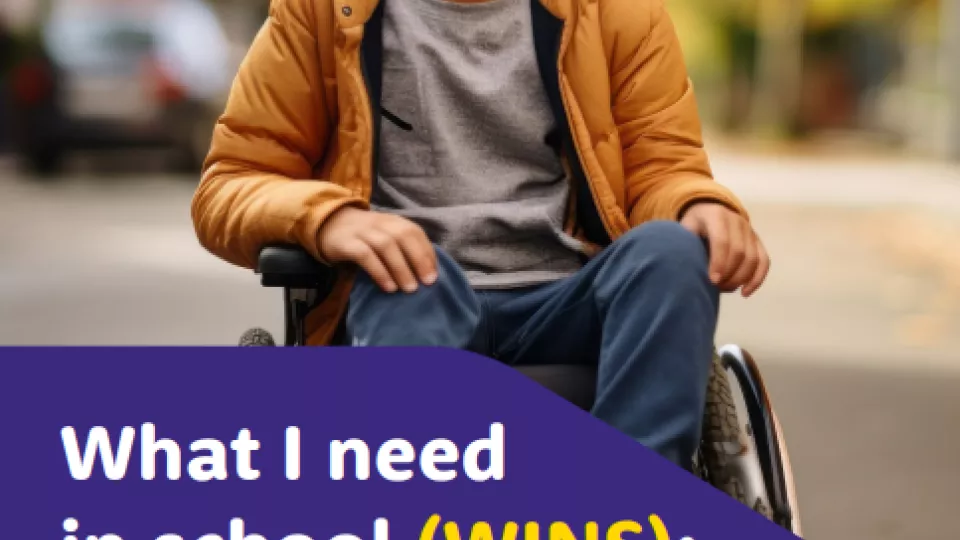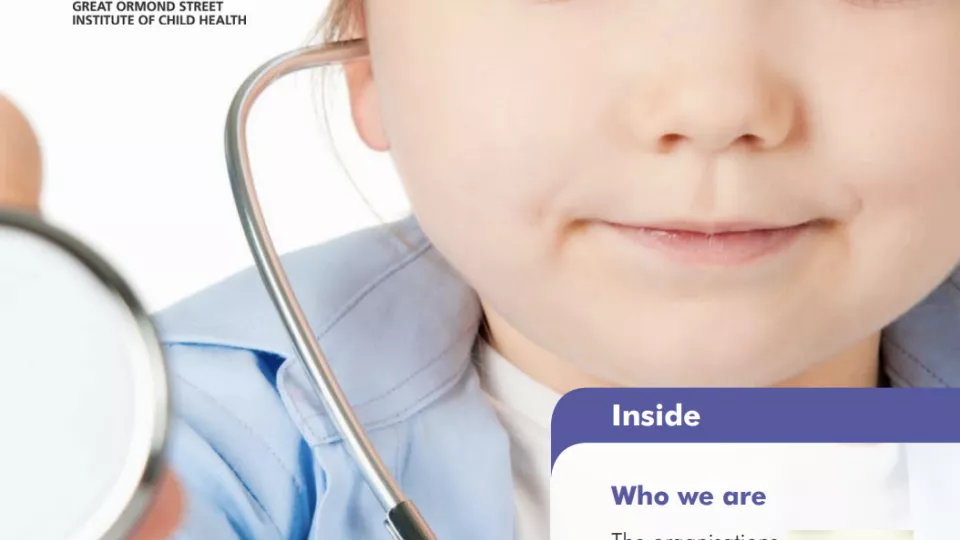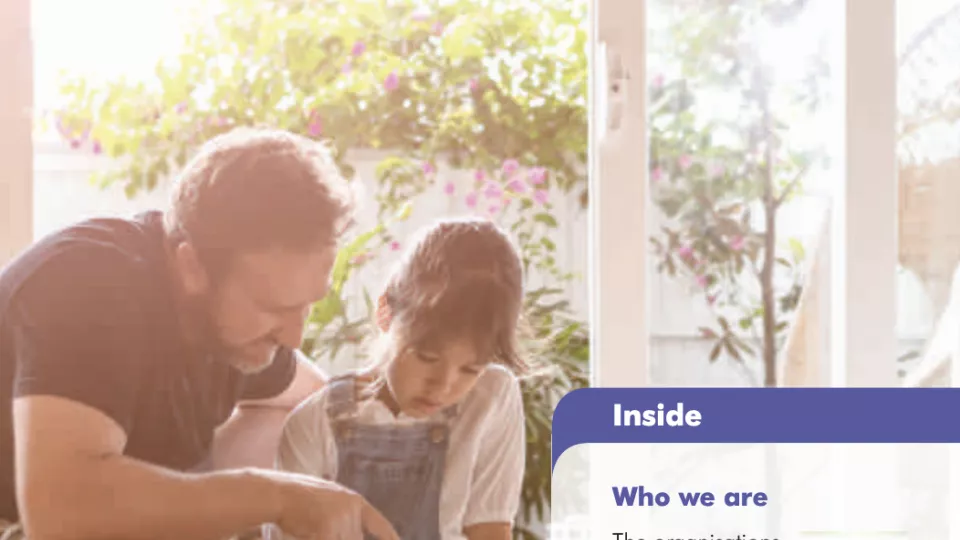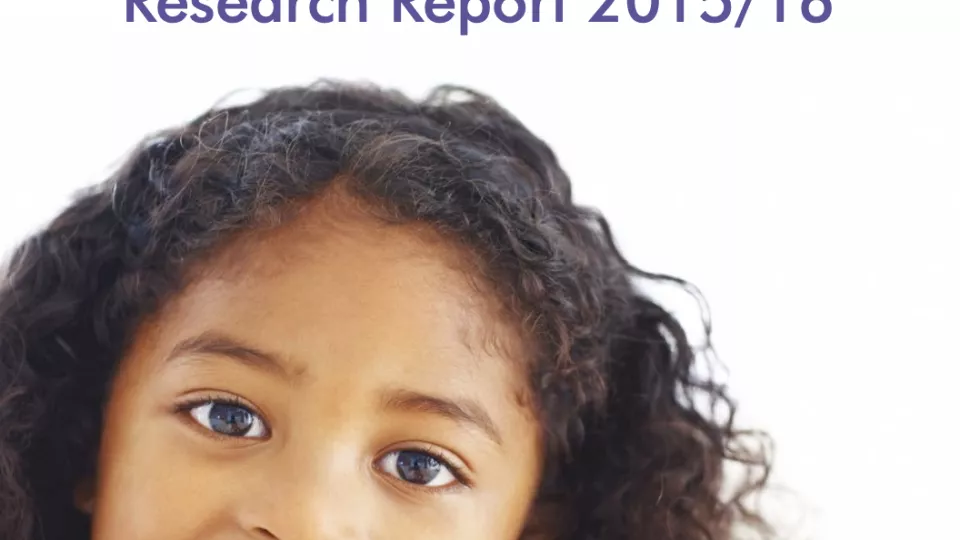Featured
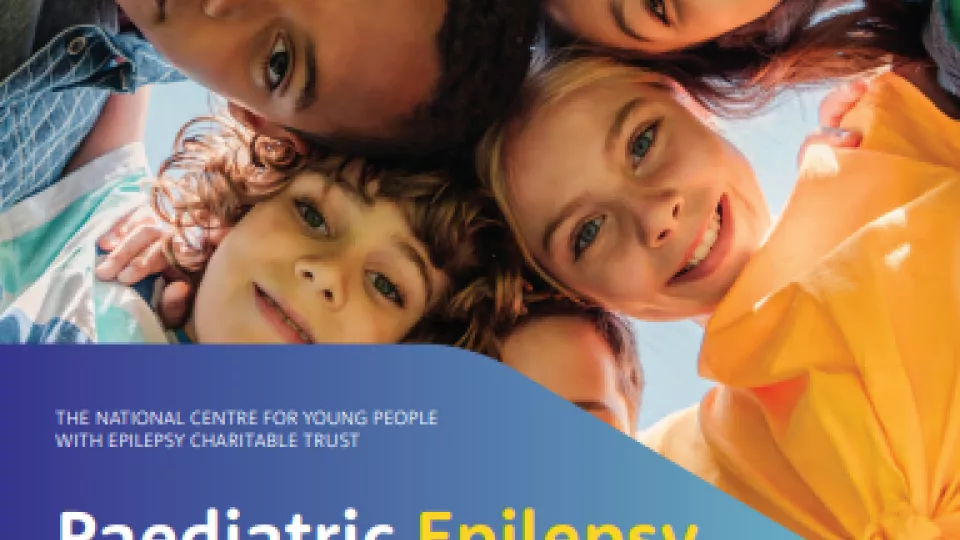
Research and Impact Report 2024
The 2024 Research and Impact Report highlights the significant achievements and milestones of the National Centre for Young People with Epilepsy Charitable Trust. This year has been marked by substantial progress in paediatric epilepsy research, with numerous active projects, new studies, and impactful publications.

